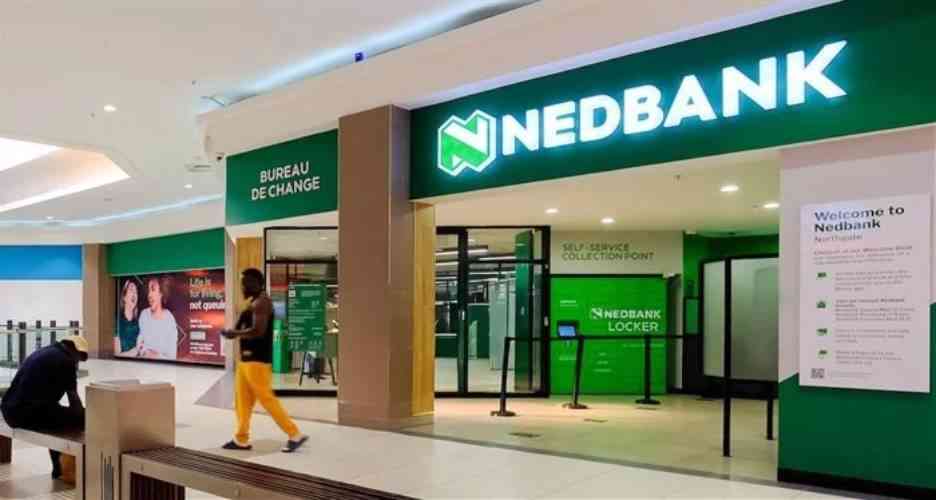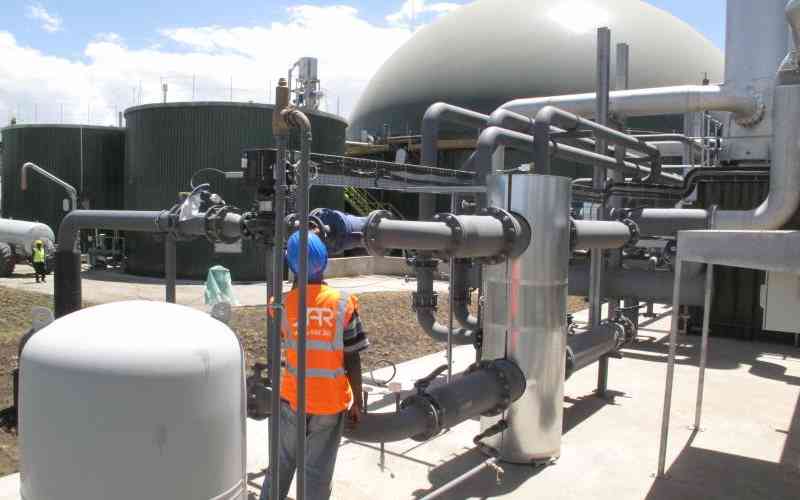×
The Standard e-Paper
Smart Minds Choose Us

One of the underlying reasons why the hustler nation did well in the August 2022 polls was the dream that once in power, the movement's leaders would open the floodgates of meritocracy.
Just as its leader President William Ruto rose from a humble background to State House, so should anyone else. The dream is that we would all reach our potential and opportunities should be open to all. Something akin to the much talked about American dream. The nightmare part of it is muted.







